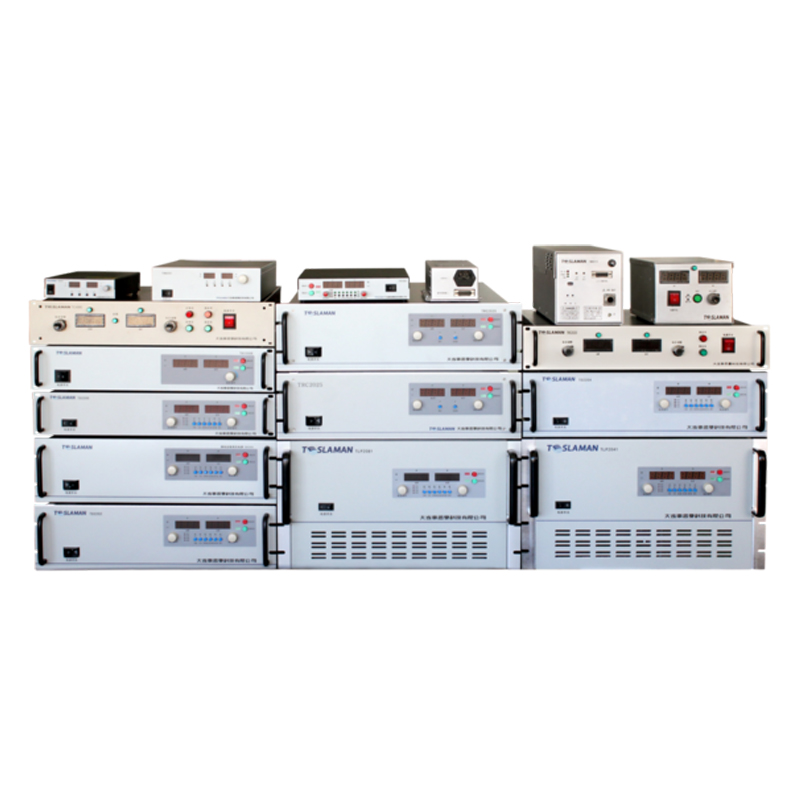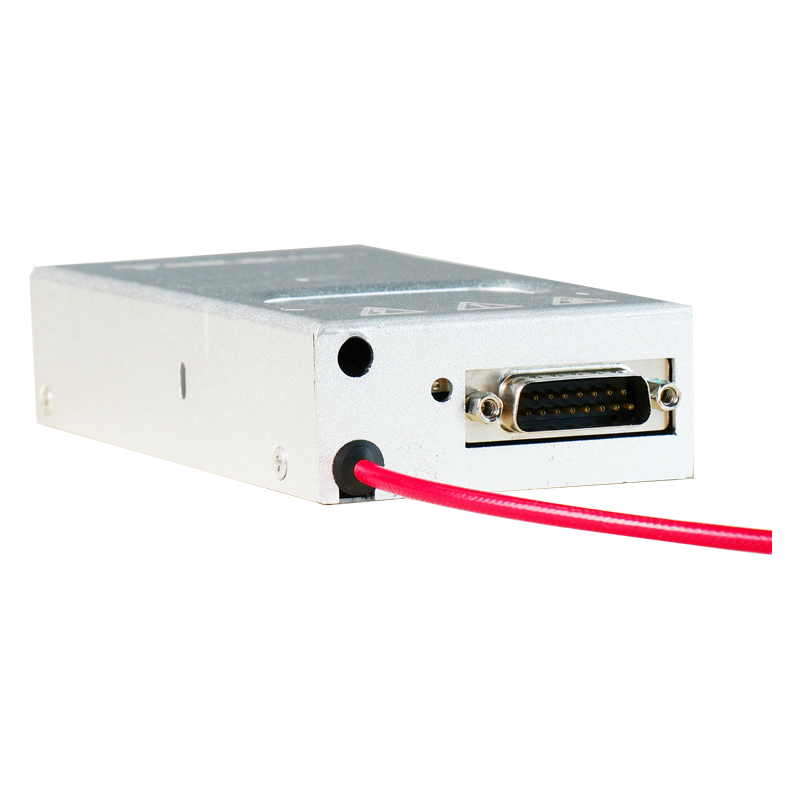Improvement of High Voltage Power Supply for Electron Multiplier
In numerous fields of modern science and technology, electron multipliers play a vital role. From particle detection in high energy physics experiments, to the capture of weak signals in spectral analysis instruments, and to high resolution imaging of the microscopic world in electron microscopes, electron multipliers provide crucial support for research in various fields due to their ability to amplify weak electron signals. The efficient operation of electron multipliers highly depends on the high voltage power supply that matches them. Therefore, improving the performance of the high voltage power supply for electron multipliers has significant practical implications.
The working principle of an electron multiplier is based on the secondary electron emission effect. When an initial electron with sufficient energy impacts the surface of the multiplier's electrode, multiple secondary electrons are emitted. These secondary electrons are accelerated by the high voltage electric field and impact the next electrode, generating even more secondary electrons. Through such a cascading amplification process, a stronger electrical signal that can be detected is finally formed. In this process, the high voltage power supply provides the necessary electric field for the acceleration of electrons, and the quality of its performance directly affects the amplification factor, response speed, and signal stability of the electron multiplier.
Traditional high voltage power supplies for electron multipliers gradually expose some limitations when facing the complex and changing demands of current scientific research and industrial applications. For example, in terms of voltage stability, due to the influence of factors such as temperature and time on the characteristics of circuit components inside the power supply, the output voltage may fluctuate. For application scenarios that require high precision signal detection, this may lead to deviations in measurement results. In addition, the response speed of the power supply is also a key issue. In some occasions where it is necessary to quickly capture transient signals, such as in certain high speed particle collision experiments, if the high voltage power supply cannot respond in a timely manner to the changing demands of the electron multiplier, important signal information may be missed.
In order to improve the performance of the high voltage power supply for electron multipliers, many technical improvement directions have been proposed and continuously explored. In terms of voltage stability, adopting a more advanced voltage stabilizing control circuit is an important approach. By introducing a high precision voltage feedback mechanism, the output voltage is monitored in real time and compared with the set value. An error amplifier is used to adjust the output of the power supply, effectively reducing voltage fluctuations. At the same time, the key components inside the power supply are optimized in terms of selection. Components with good temperature stability and low aging characteristics are selected to further improve the long term stability of the voltage.
Regarding the improvement of response speed, on the one hand, optimizing the power conversion circuit structure of the power supply and adopting high frequency switching power supply technology can significantly improve the dynamic response ability of the power supply. High frequency switching power supplies can adjust the output voltage more quickly to adapt to the instantaneous load changes of the electron multiplier. On the other hand, by improving the control algorithm of the power supply and using intelligent control strategies, such as adaptive control algorithms, the power supply can automatically adjust parameters according to different working conditions, thus maximizing the response speed while ensuring stability.
Improving the performance of the high voltage power supply for electron multipliers can not only improve the accuracy and reliability of existing applications but also open up possibilities for new application fields. In the future, with the continuous progress of science and technology, high voltage power supplies for electron multipliers are expected to play an important role in more cutting edge fields, providing a solid foundation for promoting scientific research and industrial technology development.




















